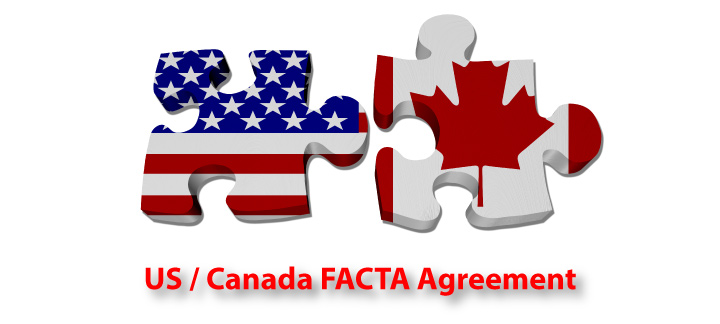Audits Involving Offshore Accounts
On February 5, 2013, Canada and the United States announced that they had signed an intergovernmental agreement (“IGA”) implementing the Foreign Account Tax Compliance Act (“FACTA”), showing additional worldwide support for the United States’ initiative to prevent global tax evasion. This is part of a larger effort that the US Department of Justice and IRS have been aggressively pursuing over the past several years to address international tax issues involving under reporting of income and assets by US persons through the use of foreign bank accounts.
Background on FATCA
FATCA is an IRS initiative aimed at preventing U.S. citizens and taxpayers from avoiding paying income tax on foreign income, investments and accounts. The law was created in March 2010 and enumerated under Chapter 4 of the Hiring Incentives to Restore Employment Act of 2010, and it is found in Internal Revenue Code sections 1471 through 1474.
FATCA became effective on January 1, 2013. Under FATCA, foreign institutions must report to the IRS the existence of offshore accounts and investments by U.S. taxpayers. In countries that have FATCA agreements with the U.S., withholding agents are required to automatically withhold 30% of certain payments to foreign financial institutions (“FFI”) until the FFI agrees to remit certain information to the IRS.
Substance of the IGA Between Canada and the U.S.
Under the IGA between Canada and the U.S., financial institutions in Canada report relevant information on accounts held by U.S. taxpayers, including those who are citizens or residents of Canada, to the Canadian Revenue Agency (“CRA”). The CRA then provides the information to the IRS depending on the provisions of the Canada-U.S. income tax treaty. Robert Stack, the Treasury’s deputy assistant secretary for international tax affairs, said “the agreements announced today clearly demonstrate the considerable international support behind FATCA and we are proud to lead the global charge on this pressing issue.”
Annex II of the agreement between the U.S. and Canada delineates certain non-reporting financial institutions and products. Specifically, the agreement lists entities accounts and other products that are considered low-risk for tax evasion and are not subject to the reporting requirements of FATCA. Among these non-reporting entities are exempt beneficial owners, deemed-compliant financial institutions, and certain accounts excluded from FATCA. This class of non-reporting entities and products generally includes The Bank of Canada, Canadian officers of an international organization, certain retirement plans established in Canada, financial institutions with local client bases, financial institutions with only low-value accounts, sponsored, closely-held investment vehicles, labor-sponsored venture capital corporations, and certain registered retirement savings plans and pension plans.
How a Tax Attorney Can Help with Foreign Accounts
If you have a foreign account or other financial interests in Canada, your international tax situation should be handled by an experienced tax attorney. A tax attorney experienced in offshore compliance can help you understand how the Canada and U.S. IGA regarding FATCA may impact your tax situation.
The Tax Lawyer - William D. Hartsock has been successfully helping clients comply with U.S. International Tax Laws and deal with issues related to worldwide taxation since the early 1980s. Mr. Hartsock offers free consultations with the full benefit and protections of attorney client privilege to help people clearly understand their situation and options based on the circumstances of their case. To schedule your free consultation simply fill out the contact form found on this page, or call (858) 481-4844.



Comments (0)